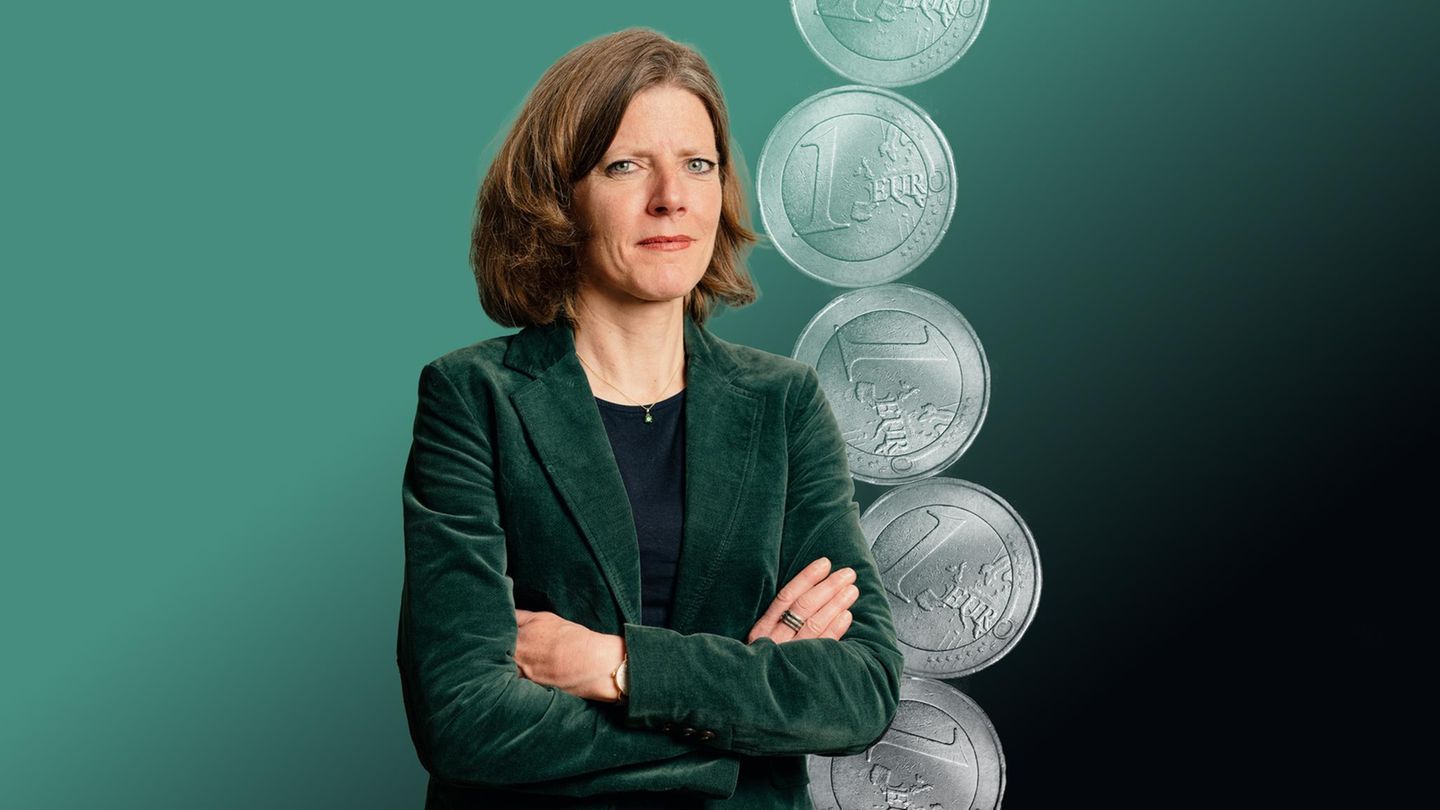With an unplanned trip to Kremlin chief Vladimir Putin, Hungarian Prime Minister Viktor Orban has caused outrage within the EU. Are there further consequences now looming?
The foreign ministers of the 27 EU states are meeting in Brussels to discuss the situation in the Middle East and Ukraine. A video conference with Ukrainian Foreign Minister Dmytro Kuleba is also planned for the last regular meeting before the summer break.
The meeting is overshadowed by differences within the EU over how to respond to the uncoordinated trips of Hungarian Prime Minister Viktor Orban to Russian President Vladimir Putin, Chinese head of state and party leader Xi Jinping and former US President Donald Trump.
Because of the unilateral action, some member states would like to cancel or at least postpone an informal meeting of foreign ministers planned for the end of August in the Hungarian capital Budapest. However, countries such as Germany were against it until the very end – among other things because they would rather discuss on site again why they thought Orban’s talks with Putin, Xi and Trump were wrong.
Why the Moscow trip is causing trouble
The trip is considered particularly annoying because Hungary currently holds the rotating EU Council Presidency and there were fears that the impression would arise abroad that Orban was speaking on behalf of the European Union at the meetings. From the EU Commission’s point of view, Orban also damaged the EU’s efforts to present a united front in Ukraine policy. In terms of content, the main criticism was that Putin’s trip could be seen as a concession.
In response to Orban’s solo action, EU Commission President Ursula von der Leyen announced that top representatives of her institution would no longer travel to ministerial meetings organized by the Hungarian EU Council Presidency for the time being.
Orban himself justifies his trips by saying that, in his view, peace negotiations must take place as soon as possible. The Hungarian has long held the view that the political course of the EU and NATO could lead to an expansion of the war beyond Ukraine. From Ukraine’s point of view, however, negotiations are pointless as long as Russia shows no willingness to withdraw from the occupied territories.
EU information on the meeting
Source: Stern
I have been working in the news industry for over 6 years, first as a reporter and now as an editor. I have covered politics extensively, and my work has appeared in major newspapers and online news outlets around the world. In addition to my writing, I also contribute regularly to 24 Hours World.




